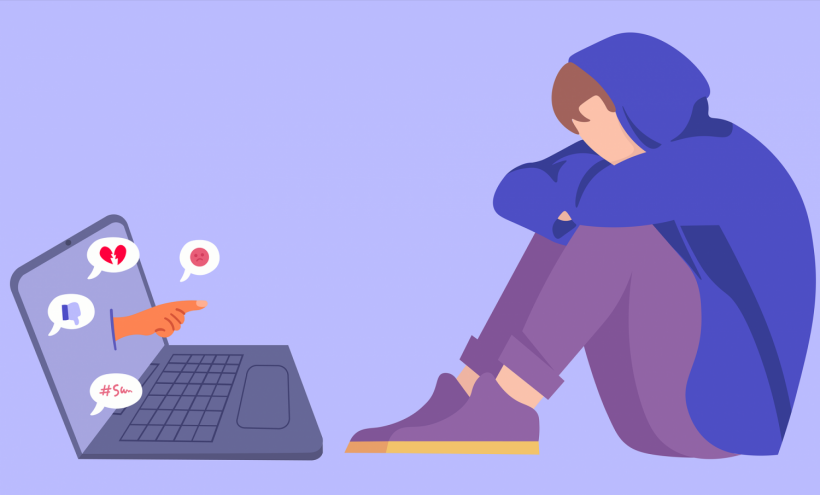Most of us are familiar with bullying; we have all gone through it in one form or another. What was once normal in our schools and colleges now happens online on social media platforms. And just because we experienced it in schools and colleges as kids don't mean adults haven't gone through the same.
If you have already received hateful comments on your social media posts or traditional bullying through text messages, it made you hurt, sad, or angry. Online bullies aren't aware of the impact that their bullying had on you, hence, as a result, it can get too much for you to deal with. This is why learning how to avoid cyberbullying or dealing with the impact must be a top priority for us all.
Keep reading to find out the best ways of dealing with cyberbullying;
Block and Report
Yes, you could try that. All social media platforms have a feature where you can block and report the harasser's profile from sending you a direct message, opening your profile, or interacting with you on any of your social media platforms. That's how you are sending out the message to the cyberbully that you do not tolerate their behavior.
If you prefer reporting it to the police, you can track down the cyberbully through technical prospects. They can be identified through their IP address. Reach out to the support of your internet service provider. ISPs like Xfinity customer service are willing to provide you 24/7 support as well as cybersecurity through their internet services.
Take Screenshots
There is one advantage you do have in this scenario; you can take a screengrab or screenshot if someone is trolling you online. Keep screenshots of all the exchanges you have had with cyberbullies. Also document their names and dates of when the exchange was happening. That way you can prevent things from going any further by reporting the harassment.
Do Not Retaliate
When being cyberbullied make you feel hurt or angry, it is natural to respond in kind. But we advise you not to fall for that bait. It will get more difficult for you to file a complaint if there's digital proof of arguments between you and the cyberbully. And that does not bode well for your case.
Hence, you need to establish a response in such a way that it creates an online trail of his ongoing harassment without actually dragging yourself down.
Follow the 30-Second Rule
In case you feel like you want to send a response, here's a tip you can follow: type out the response, but before posting, get away from your phone for at least 30 seconds. After 30 seconds, get your phone, see the reply you wrote, and ask yourself how you would feel if someone else posts the same comment to you. This is a great technique to prevent yourself from inadvertently hurting someone else.
Make this a habit. You don't want to put someone else in the same position of hurt that cyberbullies put you through, now, do you?
Stop Rereading Comments
It is natural to reread hurtful comments that you have received on your social media posts. It's almost like a reflex, in a self-sabotaging way. We are bound to do that to ourselves.
But you can prevent that from happening. Do not go back to their comments over and over again. This obsession will only lead to you getting angrier or more hurtful. You do have the option to delete their comments (do take screenshots of their comments before you delete them) so you don't have to look at such hateful comments again. You can also report their comments to the group moderator of the social media platform. Or you can simply block them.
Take a Break from Technology
This is one of the healthiest ways of dealing with cyberbullying. Out of sight, out of mind, right? Turn off your phone for 24 hours. Or if you want a long break, go for a full-on hiatus from all social media platforms. It doesn't mean forever, plus all your social media content will still be there when you get back. The best part is that these online bullies can't reach you when you are offline.
Seek Solace in Your Support Systems
Having a support system that cares about you is also good for your mental health. You can share with them about what you're experiencing online. That is just to prevent it from getting worse.
You can tell your teacher or counselor in school or college or someone in the administration so that they can deal with the harasser accordingly.
Having a friend or loved one is also a great way of dealing with cyberbullying. If you are taking steps to report the cyberbully, your loved ones can be there for you as support systems.
Final Thoughts
When it comes to cyberbullying, your mental health should be a top priority! Whether you are a teen or an adult, online harassment can significantly impact your mental health. The solution here is to learn how to deal with cyberbullying, just as we have already discussed in this article, and stand up to them and heal from their abuses.
* This is a contributed article and this content does not necessarily represent the views of sciencetimes.com















